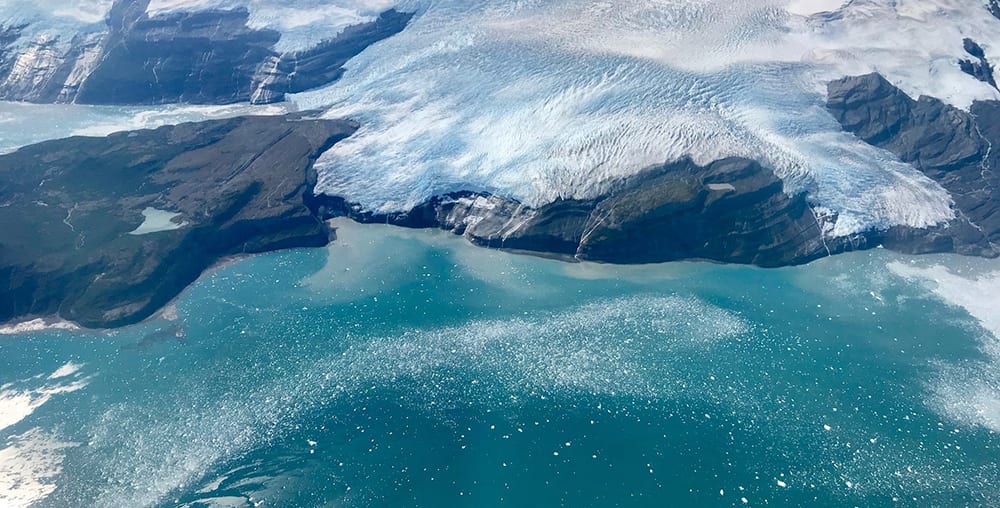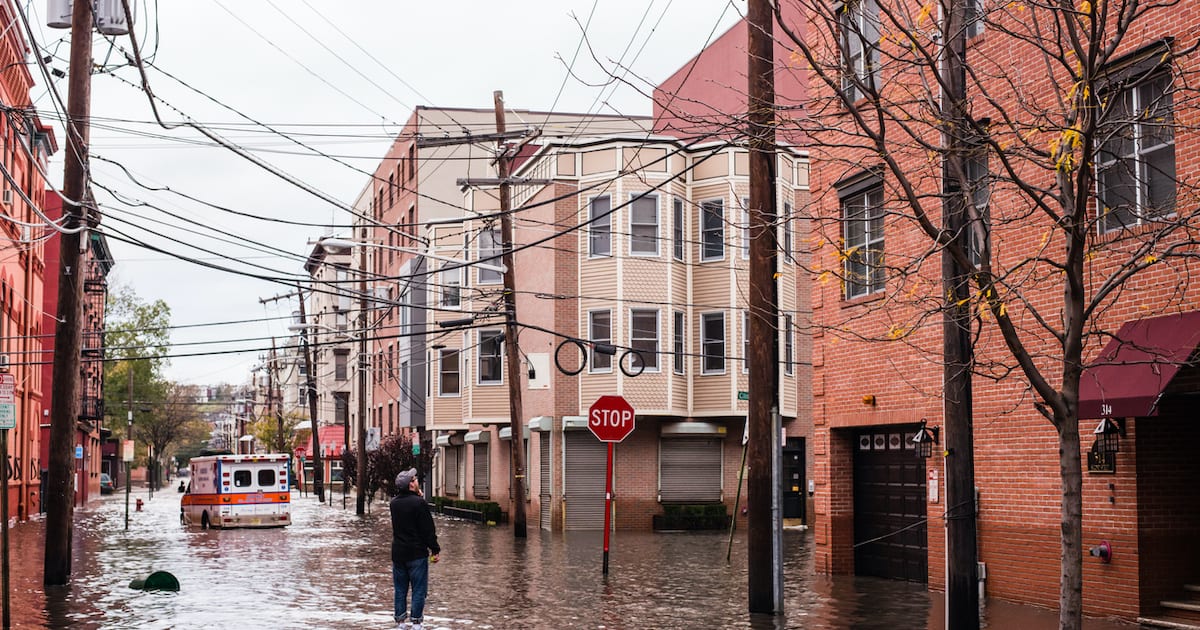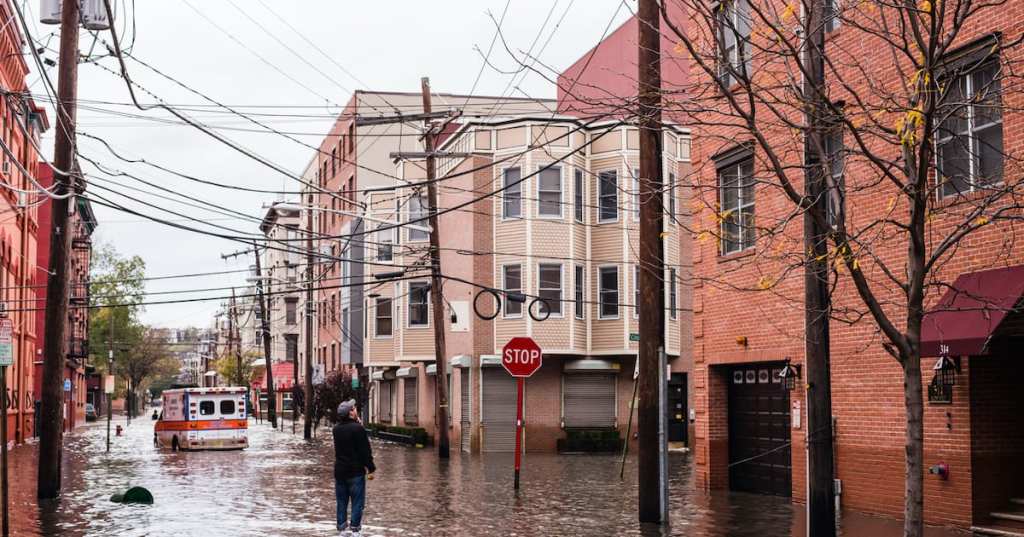I don’t know about you, but I’ve started to use the term “climate change” all the time, eschewing “global warming” so I don’t have to listen to arguments about how we’re having the coldest winter ever, or something like that.
Apparently, though, they’re not exactly interchangeable, and how I’ve been using them isn’t quite right, either.
Here’s how they’re the same, how they’re different, and which one you should use in what context if you want to be technically correct at all times.

Photo Credit: Pexels
Global warming is caused by the greenhouse effect – the sun beams through holes in the ozone, the rays bounce off the Earth but can’t escape our atmosphere because of carbon dioxide, methane, and the like. As more and more “greenhouse gases” build up, global warming results.
That said, a slightly warmer Earth won’t necessarily affect the climate.
Once it gets hot enough, though, there are many possible consequences – direct, indirect, and completely unpredictable – and scientists lump all of these secondary consequences as “climate change.”

Image Credit: NASA/Public Domain
Ocean acidification is a good example – there are direct effects of global warming on the oceans, like a warmer surface, changes in salinity because of ice melt, and rising levels, but there’s also the fact that nearly half of all the carbon released by man and nature ends up absorbed by the world’s oceans.
Acidification is devastating for certain sea creatures, and although it might be attributed to a particular greenhouse gas, this “climate change” isn’t directly related to global warming.
Another example are superstorms like Sandy, which hit the east coast of the United States in 2012. Sandy and storms like her can be attributed to warming global temperatures, which lead to more evaporation and more moisture in the air, and warmer oceans, all of which result in a more energetic storm.

Image Credit: iStock
But there was also an unusual movement of a cold jet stream, boosting Sandy with even more energy and pushing it to make landfall where it did.
Most people don’t link things like precipitation changes directly to global warming, and is why most scientists prefer to use the term “climate change” to describe the complex systems that are rapidly changing our environment.
So, there you go.
It seems like if you’re talking about most events, “climate change” will suffice, but if you’re directly referencing things like the melting polar ice caps, you’ll want to say “global warming” instead.
Now you know!






